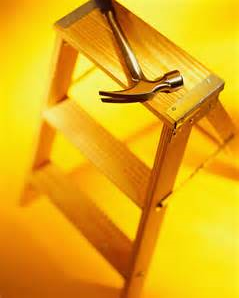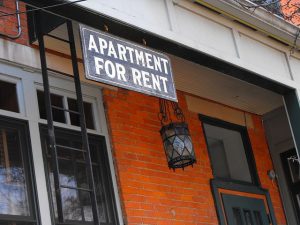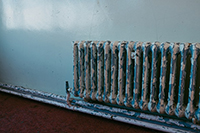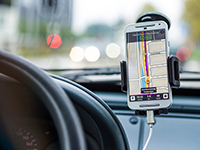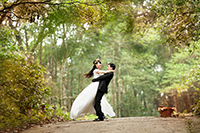 There are many hidden costs associated with owning a boat: Dock fees, general maintenance, and winter storage, just to name a few. One expense that boat owners should never skimp on is purchasing the best available insurance policy for their watercraft.
There are many hidden costs associated with owning a boat: Dock fees, general maintenance, and winter storage, just to name a few. One expense that boat owners should never skimp on is purchasing the best available insurance policy for their watercraft.
Because buying a boat is a huge investment, owners should protect their boat with comprehensive insurance coverage. Plans are often based on the type and size of the boat. Many Homeowners and Renters insurance policies provide limited coverage for property damage if the boat’s engine is less than 25 mph horsepower or if it is a small sailboat, but without additional insurance, no liability coverage is included.
Owners of larger, more powerful boats and yachts will need to purchase a separate insurance policy for their boat. The insurance company will take into account the size and type of boat, its value, and where the boat sails when drawing up the conditions and cost of the policy.
Separate boat and watercraft insurance policies provide much more coverage to the owner. These policies generally include loss and damage coverage to the boat’s hull, machinery, furnishings, fittings, and any permanently attached equipment, like a navigation system. Liability coverage is extended to:
- Bodily injury to other persons
- Damage to other’s property
- Legal expenses associated with non-consensual operation of the boat
- Medical costs for injuries to the owner and passenger
- Boat theft
Policyholders can choose the liability limits of their plan, ranging anywhere from $15,000 up to $300,000. The deductible cost for property damage is $250, and it ranges between $500 and $1,000 for theft and medical expenses. Of course, policies can be individualized based on the boat owner’s needs. Other endorsements and coverages can be added to the policy to cover the boat’s trailer, fishing gear kept aboard the boat, and any other accessories. Also, make sure to ask whether or not the policy covers the boat while it is being towed.
Just as Auto insurance providers offer discounts to their policyholders, discounts for watercraft policies apply in certain cases. For example, insurance companies favor diesel-powered engines over gasoline ones because diesel fuel is more stable, making the engine safer to operate.
Other discounts are related to safety equipment kept on the boat. Having items like fire extinguishers approved by the U.S. Coast Guard and ship-to-shore radio equipment could reduce the amount of the premium. Also, completing a boater’s safety course offered by the Coast Guard Auxiliary, the American Red Cross, or the U.S. Power Squadrons can gain some favor with the insurance company. Maintaining a clean boating record is just as important as being accident-free on the roadways, when it comes to lowering insurance rates. Premiums are usually discounted for every two years the boater goes without an accident or filing a claim. Bundling your Watercraft insurance with Homeowners and vehicle policies is another good way to save money on coverage costs.
A solid insurance policy gives boaters the peace of mind needed to set sail and enjoy the open waters. Nothing is more relaxing than knowing your investment is covered.



